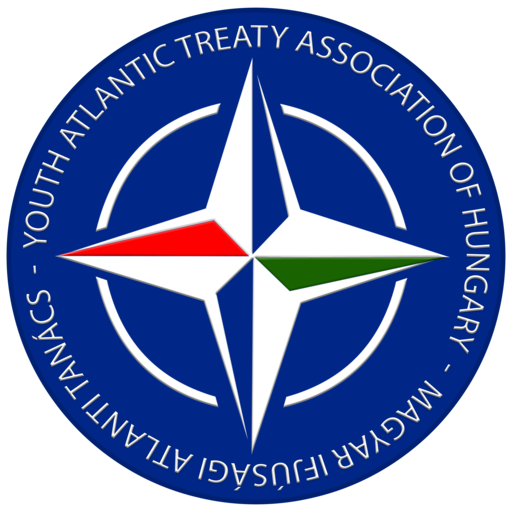After a challenging year for the Alliance, on 16th March secretary general Jens Stoltenberg presented his annual report reflecting on 2020. The comprehensive document reviews the major actions and efforts taken by NATO to uphold its core task: deter and defend, while also preparing itself for the upcoming challenges. Becoming “future-proof” has been on the top of the organization’s agenda, along with the assistance provided to the allies and partner countries in the fight against the pandemic. Serving on the front line by supporting civilian efforts with logistics, crisis management and disaster relief proved to be essential in the Alliance’s efforts to prevent the health crisis from becoming a security crisis.
Despite the unexpected circumstances, NATO sustained its missions in the Eastern flank, in Kosovo, in Iraq, and in Afghanistan. While the cooperation within Partnership for Peace and with other like-minded democracies were thriving thanks to the mutual support in the fight against pandemic, the NATO-Russian relations became somewhat strained by the lack of NRC meetings. Although there is no chapter dedicated to the relations with China, lately a shift could be witnessed in the emphasis of “challenges and opportunities” in favor of the latter in NATO’s official communication.
The growing security concerns and the criticism of Donald Trump became reflected in the defence expenditure of the Alliance. By 2020, 11 of the 30 ally met the target 2% defence expenditure, altogether accounting for a 3.9% growth in NATO’s budget. While the majority of the expenditure, 71% was still beared by the United States, the significant increase of the budget showed a growing commitment of allies. The only question is, whether this tendency will last for next year, the first one which budget is planned after the emergence of Covid and the economic recession.
As a growing number of states are meeting the 2% GDP expenditure (of which at least 20% should be dedicated for modernization), the innovation of technology and military seem to accelerate. These play a crucial role in upholding credible deterrence, successful defence, and the technological edge of the Alliance. Additionally, the defence ministerial meeting in February called for the launch of a defence innovation initiative in promotion of developing the interoperability of the national capabilities.
While military reforms are in the center of attention, last year the political domain of NATO also came under review. The reflection process launched by the Secretary General aimed to strengthen the political dialogue among allies and further the consultation on upcoming challenges. The process seemed to be timely considering that the question of migration caused some collusion among Greece and Turkey in the first months of 2020, and the other incident involving Turkey and France on the Mediterranean Sea.
As part of the reflection process, in June 2020 Jens Stoltenberg launched the NATO 2030 initiative to serve as a forum for discussion on the way forward. The inclusion of a wider audience through programs and the selection of a youth advisory board seemed to bring the Alliance closer to the public. 2020’s surveys conducted among the allied population showed that the majority of the questioned is in favor of NATO membership and believes in the importance of the transatlantic partnership.
After 2020 starting with the accession of a new ally and continuing with the successful fighting the challenges of the pandemic, the Alliance has kicked off the new year with strong public and financial support. With the upcoming update of the Strategic Concept, the dynamically changing security environment, the shift in the axis of challenges from the W-E rivalry to the S-E threats (partly attributed to the climate change), and the growing societal pressure and intense polarization, NATO is looking forward a progressive, political-focused year.
